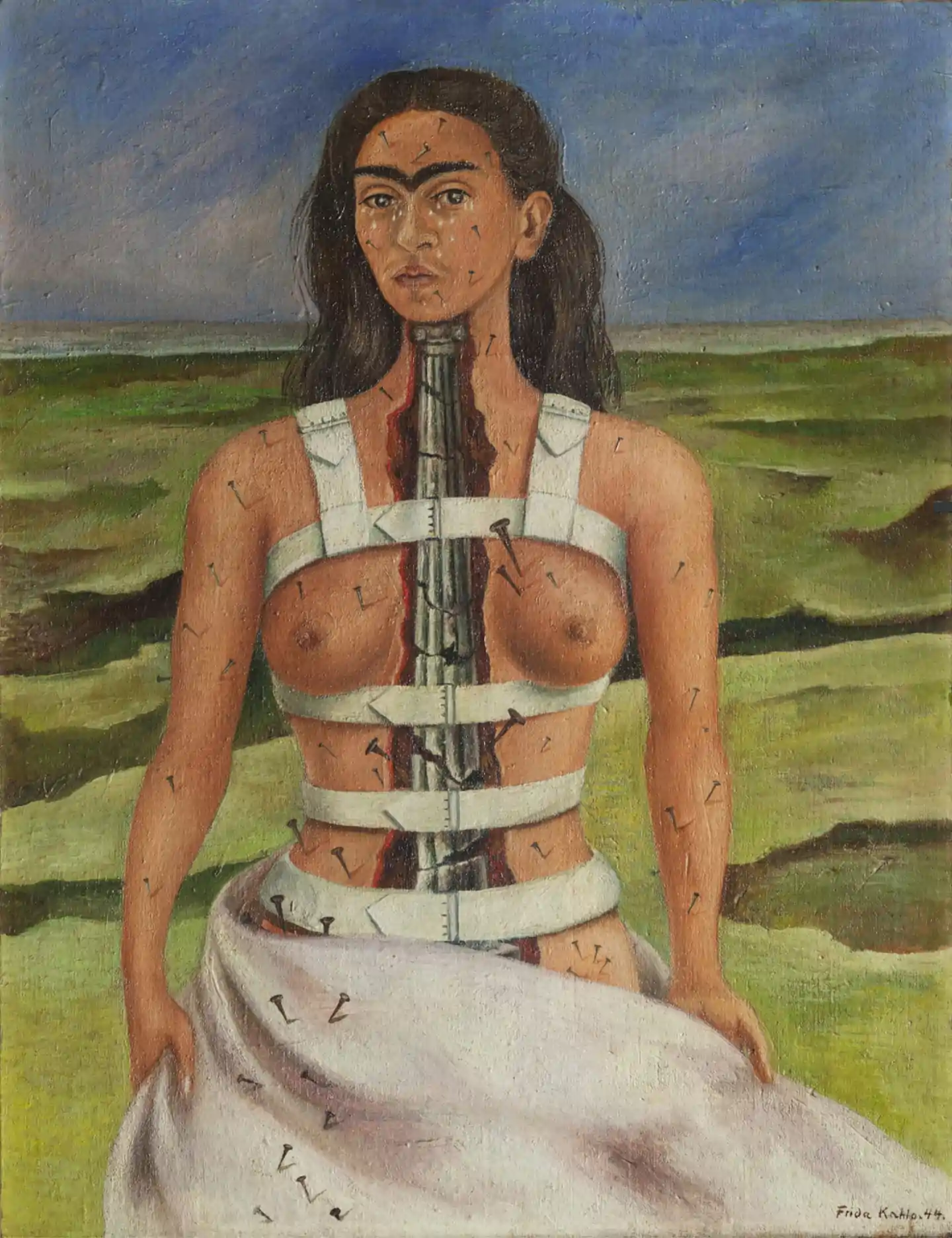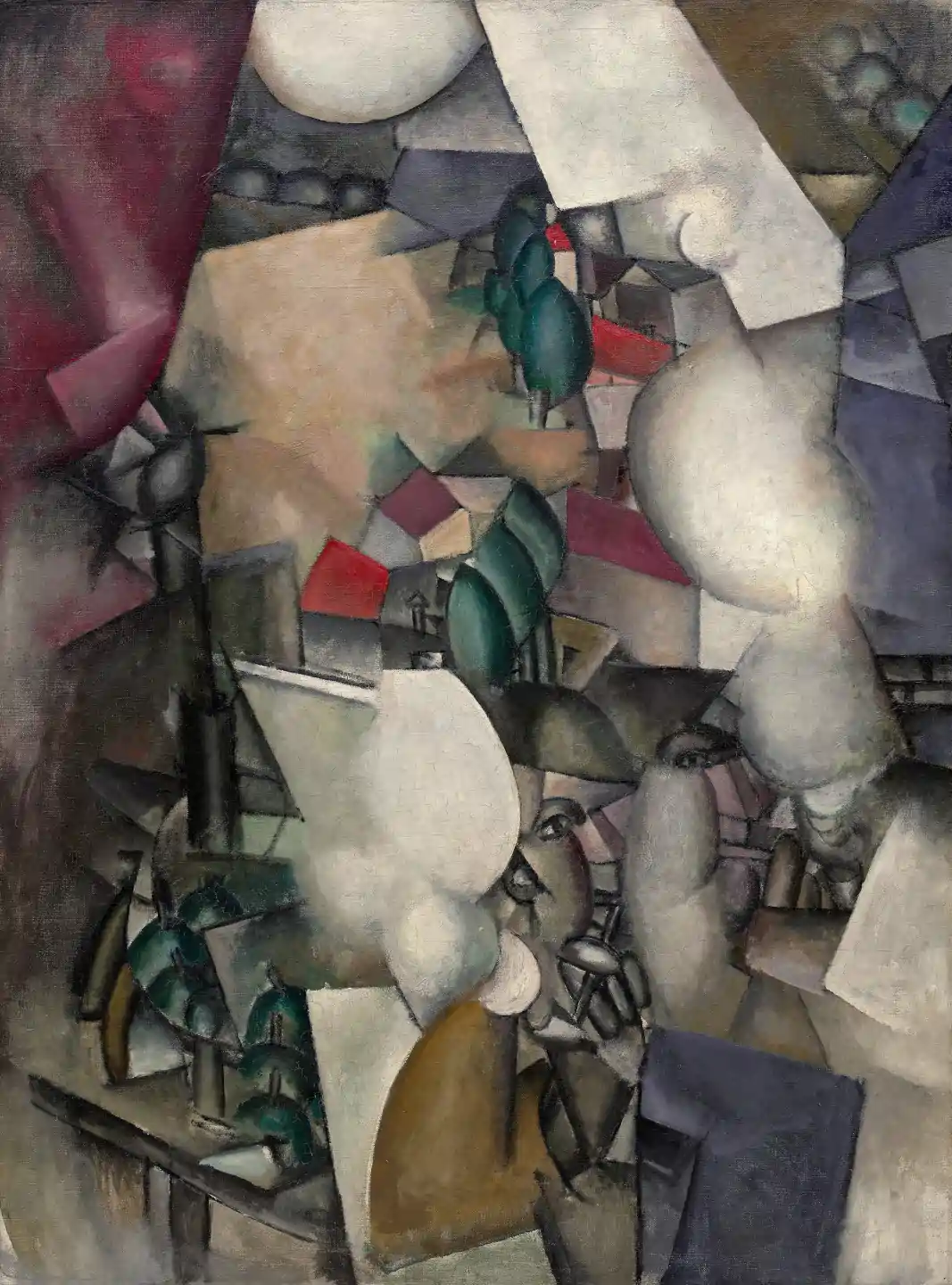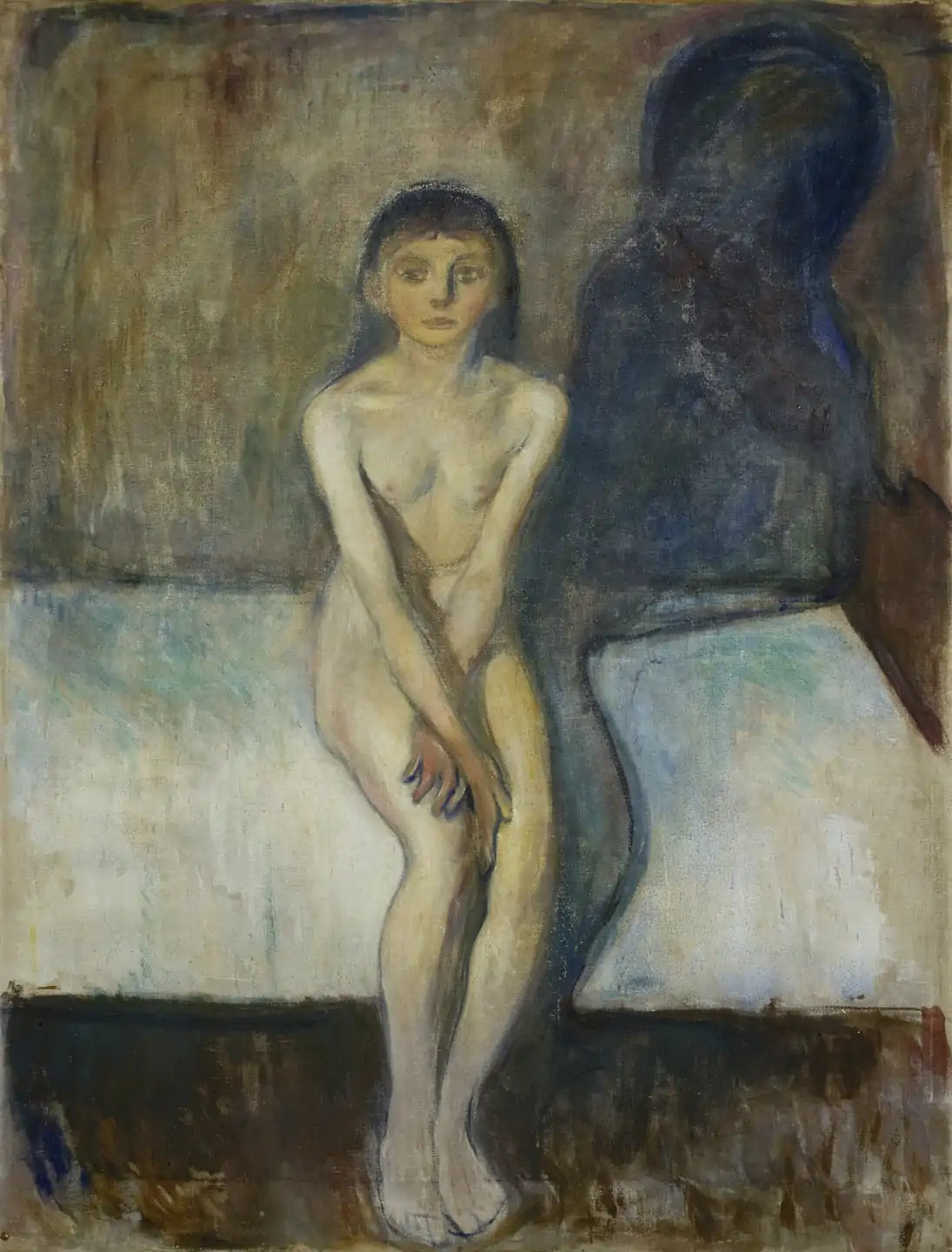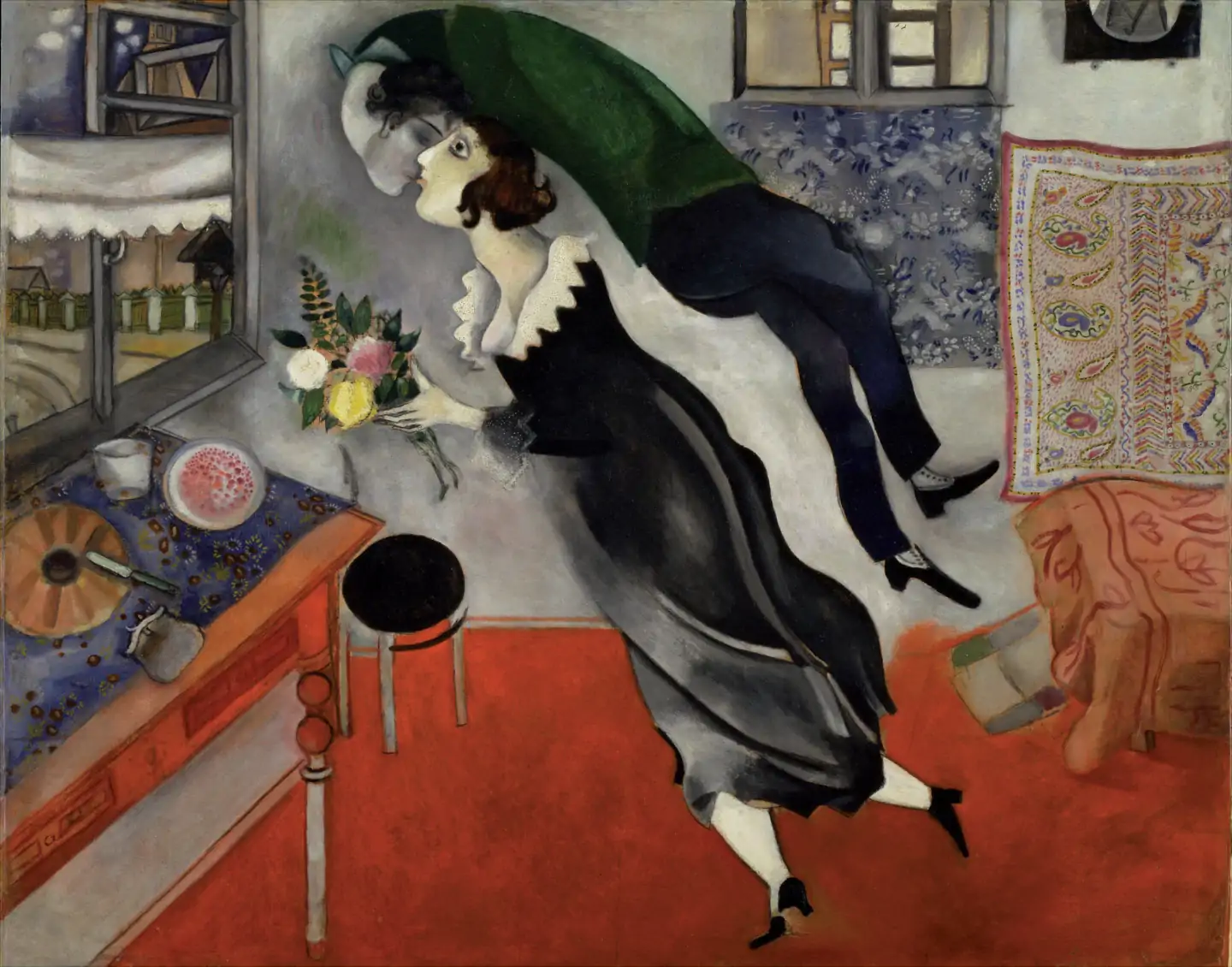rapid transformational therapy®
Rapid Transformational Therapy (RTT®): Unveiling The Path To True Transformation
What is RTT®?
RTT® is a pioneering therapeutic approach, harnessing the most effective elements and positive aspects of hypnosis and hypnotherapy known to produce a transformative effect: the use of trance, regression, and hypnotic conditioning, as well as principles of neurolinguistic programming (NLP) and cognitive behavioural therapies (CBD). It stands out for its ability to quickly identify and address the root causes of personal issues, facilitating rapid and permanent transformation.
RTT® is a unique layering of various evidence-based techniques that offers fast, permanent, and effective relief from physical, mental, and emotional distress, which makes it essentially a complete and stand-alone clinical tool. It taps into the subconscious mind, guiding individuals through deep relaxation to uncover, understand, and rewire the root causes of their concerns.
Rapid Transformational Therapy® is the result of the work, study, and research carried out by the internationally renowned therapist Marisa Peer over more than thirty years; it is the outcome of an invaluable compendium of information and intuitions derived from the work with countless clients and patients during countless sessions; it is hence potent therapeutic approach built not just on theory but on practice and experience.
How does RTT® work?
Unlike traditional hypnotherapy, which often focuses only on positive reinforcement, RTT® delves deeper. It aims to identify the “how,” “where,” and “when” of unhelpful beliefs and behaviours, employing the principles of neuroplasticity to forge new, healthier neural pathways. This process is not purely theoretical but is grounded in the extensive hands-on experience of Marisa Peer, reflecting what truly creates change in real clients’ lives.
Consider driving a car to a familiar destination but arriving with no conscious recollection of the journey. This automatic processing is the work of your subconscious mind, which harbours both the beneficial and detrimental beliefs that shape our lives. RTT® accesses and reprograms these deep-seated patterns in the subconscious, replacing them with healthier ones to achieve the desired outcomes in our lives. It is, in essence, a method to rewire your thought patterns for a positive and enduring change.
A Rapid Transformational Therapy® session is a fully immersive experience that guides clients into a changed state of awareness and increased relaxation, allowing for improved focus and concentration. During the session, you’ll revisit past experiences under the safe direction of your therapist, uncovering and interpreting events that have shaped your present issues.
Once achieved, your RTT® professional will help you to create new, positive beliefs.
Who is RTT® for?
Rapid Transformational Therapy® is suitable for anyone longing to improve their physical, mental, or emotional well-being. Whether you’re battling physical health problems, emotional issues, fears or phobias, addictions, negative self-image, experiencing relationship issues, lacking in performance, or simply seeking a more joyful and fulfilled existence, RTT® stands as a beacon of hope.
This holistic and solution-focused therapy has achieved remarkable success across a variety of challenges, offering a pathway to a life characterised by freedom, joy, and fulfilment. RTT® is not just for those facing difficulties but for individuals aiming to enhance specific areas of their lives or businesses.
Countless individuals have experienced the transformative power of Rapid Transformational Therapy®, overcoming longstanding challenges and achieving levels of personal success they once thought impossible. These success stories testify to the effectiveness of RTT® in creating real change.
Exploring the Potential: Where Can RTT Make a Difference?
Begin your journey
With RTT®, you’re not just addressing symptoms; you’re uncovering and resolving the root causes of your challenges. This journey is about rediscovering your true self, free from the burdens of past limitations and negative beliefs. It’s about stepping into a life where you are in control, empowered, and fulfilled.
For those ready to explore the transformative potential of RTT®, booking a Discovery Call is the first step toward a new life. Our practice is committed to guiding individuals through their transformational journeys and unlocking their potential for profound and lasting change.
By embracing RTT®, you’re choosing a path of transformation that has helped thousands worldwide. Whether you’re dealing with deep-seated emotional issues or seeking to overcome life’s hurdles, RTT® offers a compassionate, effective solution. Let’s embark on this transformative journey: RTT® could be the key to unlocking your fullest potential.
Let's talk
Serious about making a change? Ready to invest in yourself?
Great! Let’s start with a 20-minute call so I can learn more about you and see if we’re a good fit.

What to expect from Rapid Transformational Therapy®
FAQ – Frequently Asked Questions
- Q. How is RTT® different from other therapies?
RTT® method is different to other therapy techniques, such as CBT and talk therapy, because it achieves outstanding and permanent results very quickly.
Unlike many hypnotherapy treatments, RTT® does not rely solely on positive reinforcement. RTT® therapy gets to the root cause of an issue, giving the clients the most liberating understanding and transformative power to achieve dramatic long lasting results.
- Q. How long does a session last?
Each Rapid Transformational Therapy® session lasts between 90 minutes to 2 hours.
- Q. What does it feel like?
The experience feels different for different people. Most people feel relaxed and at ease. What’s most important is to know that how you feel is not an indicator of how effective it is. Regardless of what it feels like – it’s working.
- Q. Can I get “stuck” in hypnosis?
No! That’s an old wive’s tale. You have complete control the whole time. You can talk, move your body, even get up and go to the bathroom if you can’t hold it anymore!). If during tele therapy (video sessions)our call gets disconnected you may drift into sleep if you’re really relaxed, but eventually you’ll notice that you’re not hearing my voice and open your eyes.
- Q. When will I start to see changes?
There are three types of change from Rapid Transformational Therapy – every person is different:
Immediate: You feel a massive shift right away – immediate changes in your physiology, thoughts and behaviours right in the session.
Incremental: You see consistent shifts every day, or over time.
Retroactive: You don’t see the shifts right away and then, one day you suddenly look back and see all of the things that are different in your life.
- Q. What if I think I already know the reasons behind my issue?
One of RTT®‘s specific traits is that even if you think you know the reason, you see it in a completely new way. That is what allows you to change the meaning and ultimately, change your beliefs.
- Q. How can RTT® treatment impact physical health and life-long behaviours?
RTT® offers a comprehensive range of transformational techniques to activate the body’s innate ability to heal and restore itself to wellness from a cellular level.
Science has proven with neuroplasticity that we can actually rewire our minds, which is why it has the most powerful potential on the planet. Using RTT® to access the subconscious mind, we can create new neural pathways and replace old limiting beliefs and behaviours with new empowering ones.
- Q. What if I need or want another session?
RTT® is designed to give you a powerful breakthrough and create big changes in your life right away. Therefore, most of the time, your first session will be the only session you will ever need to solve your issue.
Some clients may need more than one RTT® session on a particular issue, depending on how deep it is, it can take up to three.
Many will want to keep doing sessions to work on other areas of their life.
- Q. What's the difference between RTT® and NLP?
People who have heard of the RTT®; method, but not experienced it for themselves, sometimes think it sounds similar to Neuro-Linguistic Processing (NLP).
It’s true that both NLP and RTT®; can teach you how to better dialogue with your mind, and understand the difference between what your subconscious and conscious mind believe. However, RTT®; has the added—and crucial—step of also directly accessing and fixing whatever blocks may be there. Using specific RTT®; therapy methods, clients are able to reach breakthroughs that would not be possible with other techniques.






